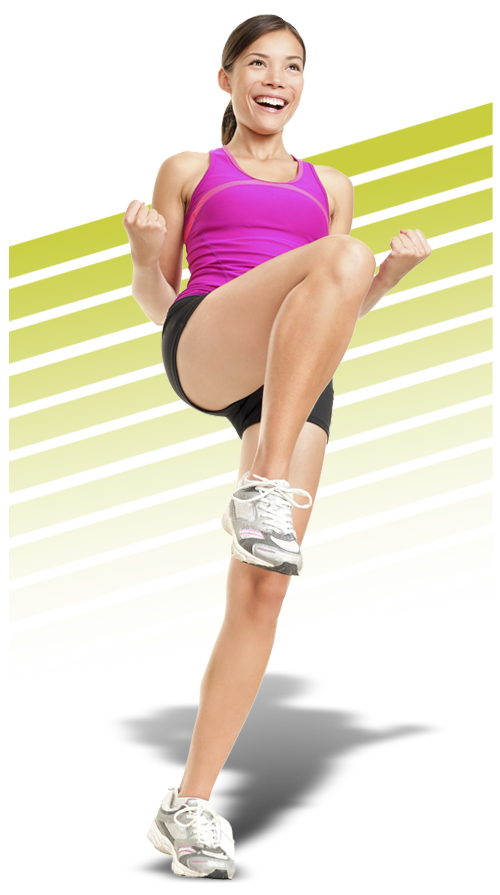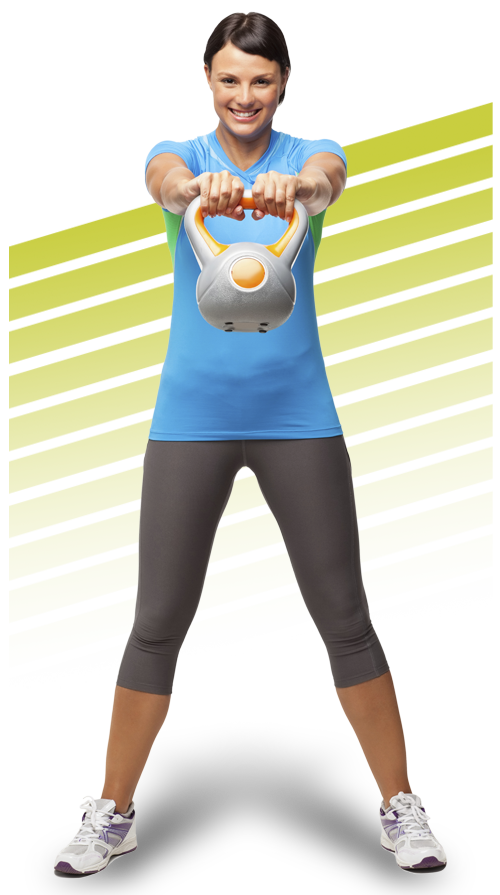Your Results. Guaranteed.
Join the 12-week Success Programme and transform your health, or your money back
Jingle (Bar) Bells Workout
It’s beginning to look a lot like ‘Fitmas’, time to get Elfie… ‘Tis the season to sleigh!
Join Rudolph the Red nose ‘Gain’deer by swapping sleigh bells for barbells this December and finish the year strong!
Our Jingle Barbells Workout is a festive, full-body circuit focused on deltoid strength, shoulder stability, and total-body power short, simple, and guaranteed to get you moving through the holiday season.
How it works
7 moves • 2 to 3 rounds • 1 festive finisher:
- Barbell Overhead Press (8–10)
- Barbell Upright Row (10–12)
- Barbell Front Raise (10)
- Barbell Bent-Over Row (10–12)
- Barbell Push Press (8)
- Barbell Deadlift (8)
- Barbell Shrugs (15)
How to take part:
1. Complete the workout anytime in December
2. Log your attempt at reception
3. Tag us and share your strongest festive lift with #JingleBarbells
#MoveSouthwark #JingleBarbells #WorkoutOfTheMonth #DeltoidPower #StrongShoulders #FestiveFitness #CommunityChallenge #Fitmas #sleigh


Muscle of the month
Monthly workouts targeting specific muscles
Each month we’ll focus on a different muscle so you can learn how to train different areas of your body.

December Muscle of the Month: Deltoids
Week 1: Meet Your Deltoids ‘The powerhouse muscles of the shoulder!’
If you lift, reach, carry, or press (so… everyone!), your deltoids are hard at work. These rounded shoulder muscles have three parts: anterior (front), lateral (side), and posterior (rear), with each controlling a different direction of movement. Together, they’re responsible for lifting your arms, supporting posture, and stabilising your shoulder joints.
Balanced deltoid training doesn’t just build stronger shoulders, it also improves your overall upper-body performance and appearance. Whether you’re pressing overhead or carrying shopping, your delts are doing the heavy lifting.
#Deltoids #ShoulderStrength #MuscleOfTheMonth #MoveSouthwark #PostureMatters
Pro tip: Keep your shoulder training balanced – combine presses, raises, and rear-delt work each week to hit all three heads evenly.
Week 2 – Everyday Strength “From gym floor to daily life.”
Your deltoids aren’t just for aesthetics!
They’re functional powerhouses that make everyday movement easier. From pushing open doors to swimming, throwing, or playing sport, your shoulders are constantly in motion.
Strong deltoids boost performance, stability, and control, while reducing your risk of shoulder strain. The front and side heads of the deltoid drive pressing and lifting strength, helping you move confidently both in and out of the gym.
#MoveSouthwark #FunctionalFitness #ShoulderDay #Deltoids #EverydayStrength
Pro tip: Focus on smooth, controlled reps with no swinging! Try dumbbell shoulder presses, lateral raises, or front raises with light-to-moderate weight for quality movement and lasting results.
If you only train front and side delts, you’re missing the key to strong, pain-free shoulders. The rear deltoids stabilise your upper back and stop your shoulders rounding forward essential for posture, pulling strength, and shoulder health.
Rear-delt work helps counteract desk posture and heavy pressing routines. Adding these moves into your training makes your shoulders not only stronger, but more resilient.
#TrainSmarter #RearDelts #PosturePower #MoveSouthwark #BalancedTraining
Week 3: Train Smarter “Don’t forget your rear delts.”
Pro tip: Add face pulls, reverse fly, and landmine presses into your sessions. Focus on squeezing your shoulder blades together (not shrugging your traps) to truly isolate the rear delts.
Week 4: Mobility & Recovery “Move freely, recover fully.”
Stronger shoulders are great but healthy shoulders are even better. After a month of deltoid training, it’s time to focus on recovery, flexibility, and long-term shoulder health.
Tight delts can limit range of motion and increase the risk of injury, so mobility work is key to keeping your progress sustainable. Gentle stretching, band work, and controlled light movements will maintain function while easing tension.
#MobilityMatters #ShoulderHealth #RecoveryRoutine #MoveSouthwark #StrongShoulders

